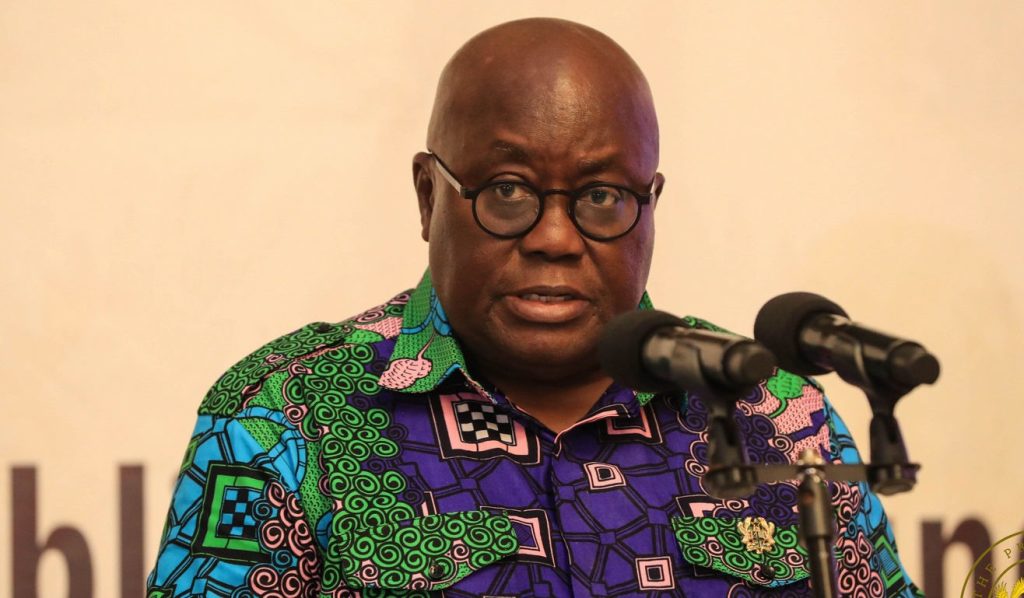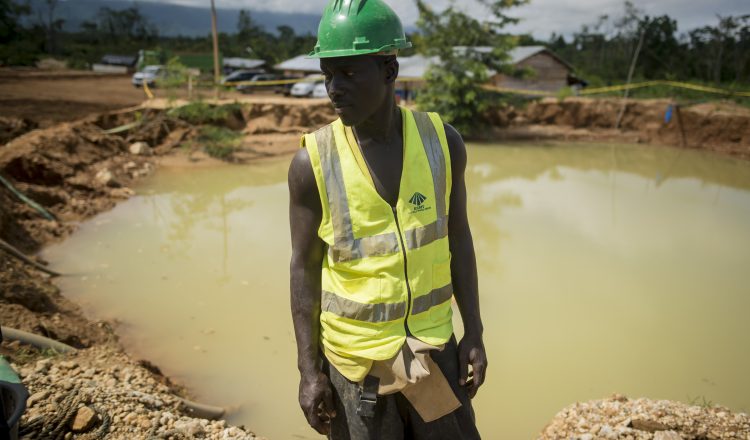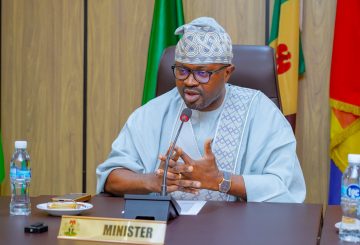The Ghanaian government on Wednesday announced the deployment of additional military personnel and naval boats to combat illegal mining, locally known as “galamsey.” The new measures come as protesters in the capital, Accra, demand immediate action to address the environmental devastation caused by illegal mining operations, which continue to poison water bodies and jeopardize vital sectors of the economy.

President Nana Akufo-Addo revealed the decision to ramp up military efforts during a press conference, highlighting the severe environmental impact of “galamsey” on Ghana’s rivers and lakes, which are crucial for the country’s water supply. In addition to this military intervention, the government has established four specialized courts to fast-track the prosecution of illegal miners, signaling a firm legal stance to tackle the issue head-on.
The Things-Fall-Apart-Okonkwo Debate: Can Idris Elba Roll Fufu?
Illegal mining has long posed a serious threat to Ghana’s status as a leading gold producer in Africa, but its consequences stretch beyond the mining sector. The country’s cocoa production, a cornerstone of its agricultural economy, is now at risk, as an increasing number of farmers, driven by economic hardship, sell their land to illegal miners. The sale of fertile farmland to illegal operations has compounded the environmental damage, with widespread deforestation and soil degradation threatening the future of cocoa farming.
The public outcry reached a boiling point when protests erupted in Accra earlier this week, leading to the arrest of 54 activists. Demonstrators took to the streets, accusing the government of failing to act swiftly enough against illegal mining operations. Following the arrests, a second wave of protests broke out, demanding the immediate release of those detained and calling for an end to “galamsey” once and for all.
Under increasing public pressure, the courts eventually released most of the activists, with the exception of one key figure accused of leading the protests. The continued detention of this individual has fueled ongoing tensions, although a nationwide strike planned by Ghana’s trade unions was called off after union leaders met with President Akufo-Addo to discuss the government’s commitment to tackling illegal mining.
Ghana, a country of 33 million, has been grappling with economic instability since defaulting on its external debt in 2022. Although a $3 billion relief package from the International Monetary Fund (IMF) has helped to stabilize the economy, inflation remains high, and many Ghanaians continue to face financial hardship. This economic reality has driven many farmers to turn to illegal mining as a source of income, further complicating efforts to curb “galamsey.”
The Independence Generation: Stories of Nigerians Born in 1960 – What it Felt Like





